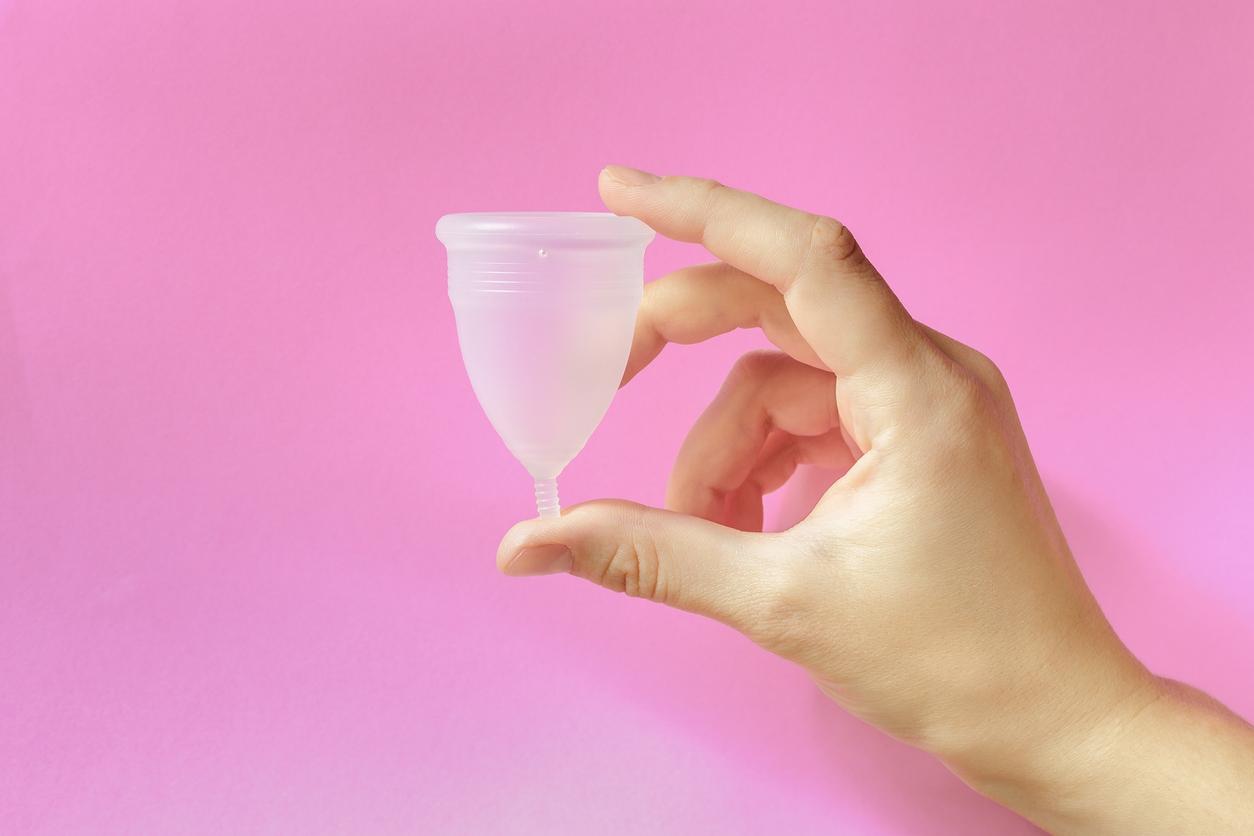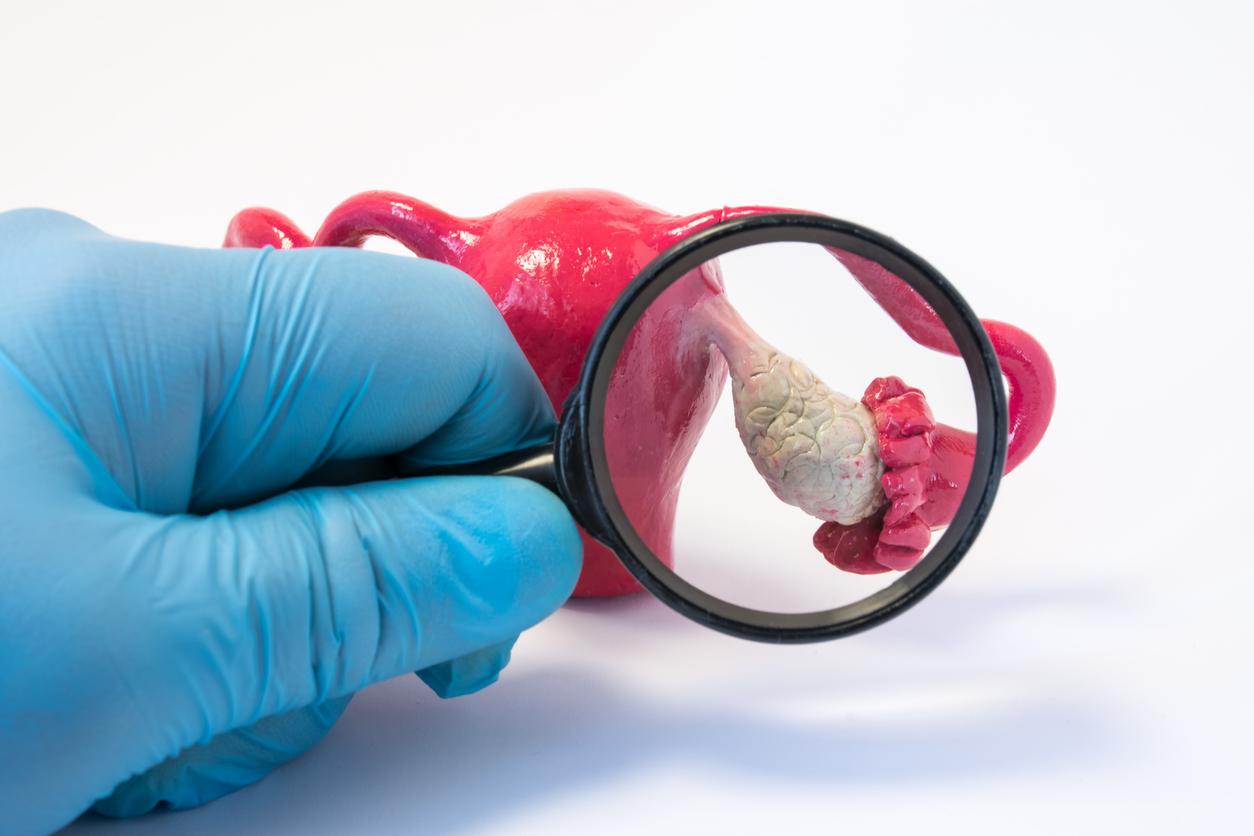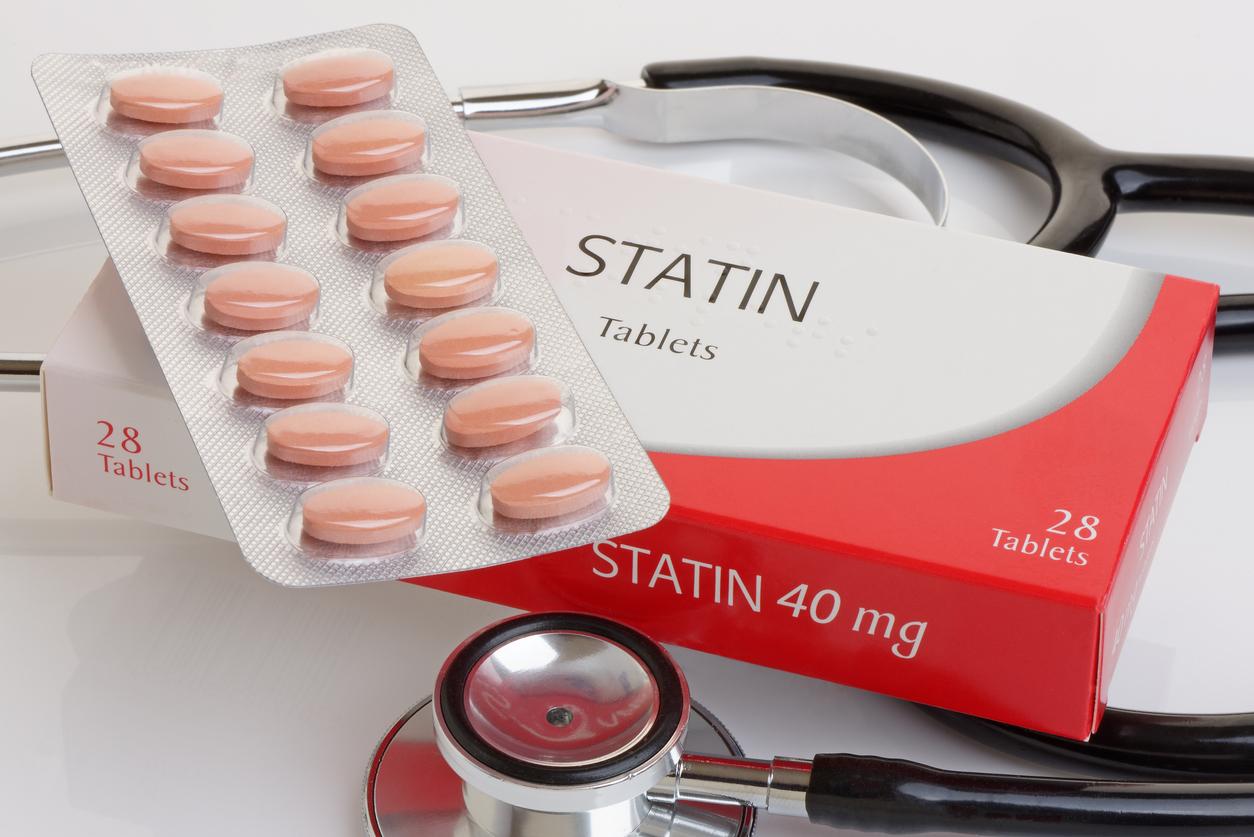Research had already shown that kidney stones were favored by a modification of the intestinal flora and urinary. However, antibiotics modify this flora. Researchers at the Pediatric Hospital of Philadelphia (United States) therefore wanted to know if certain antibiotics could increase the development of kidney stones. The results of their study appeared in the Journal of The American Society of Nephrology.
Gregory E. Tasian, the pediatric urologist who conducted the study, explains in a statement that the overall prevalence of kidney stones has increased by 70% over the past thirty years, with particularly sharp increases in adolescents and young women. However, this was previously something very rare in children. Antibiotics, prescribed more often in children, may play a role in this increase.
Kidney stones linked to 5 families of antibiotics
The research team drew on 13 million electronic medical records, children and adults from the UK, seen by general practitioners between 1994 and 2015. They analyzed previous exposure for almost 26 000 patients who suffered from kidney stones, along with 260,000 control subjects. Of the 12 classes of antibiotics studied, 5 were found to be significant in relation to the diagnosis of the disease:
- – Sulfonamides
- – Cephalosporins
- – Fluoroquinolones
- – Nitrofurans
- – The penicillins broad spectrum
Patients who received sulfonamides were twice as likely to develop kidney stones. For broad-spectrum penicillins, the risks were increased by 27%. These risks were more visible in children and adolescents.
Read also :
Kidney stones are getting better and better diagnosed
Anti-heartburn tablets are believed to increase the risk of kidney stones


















